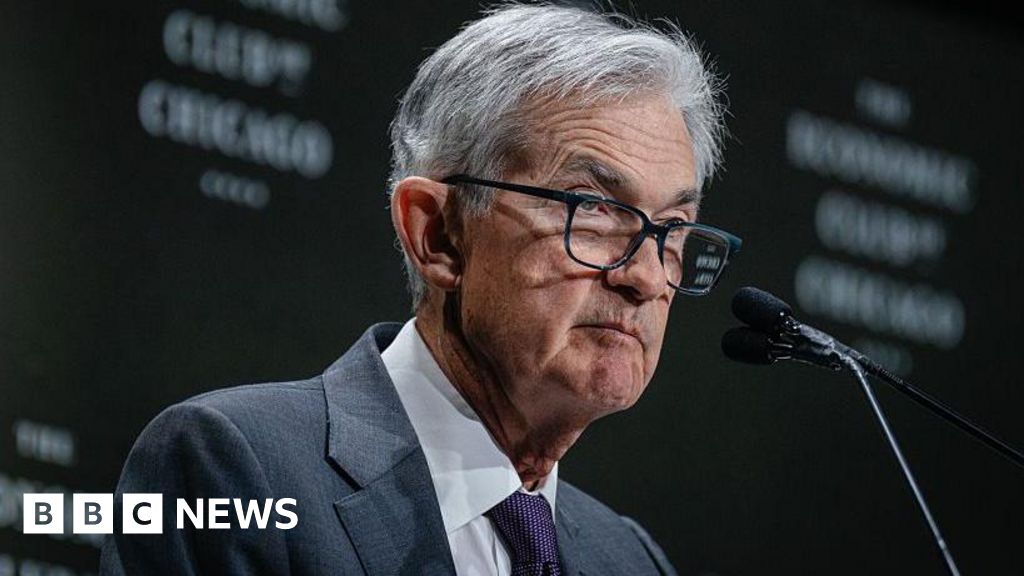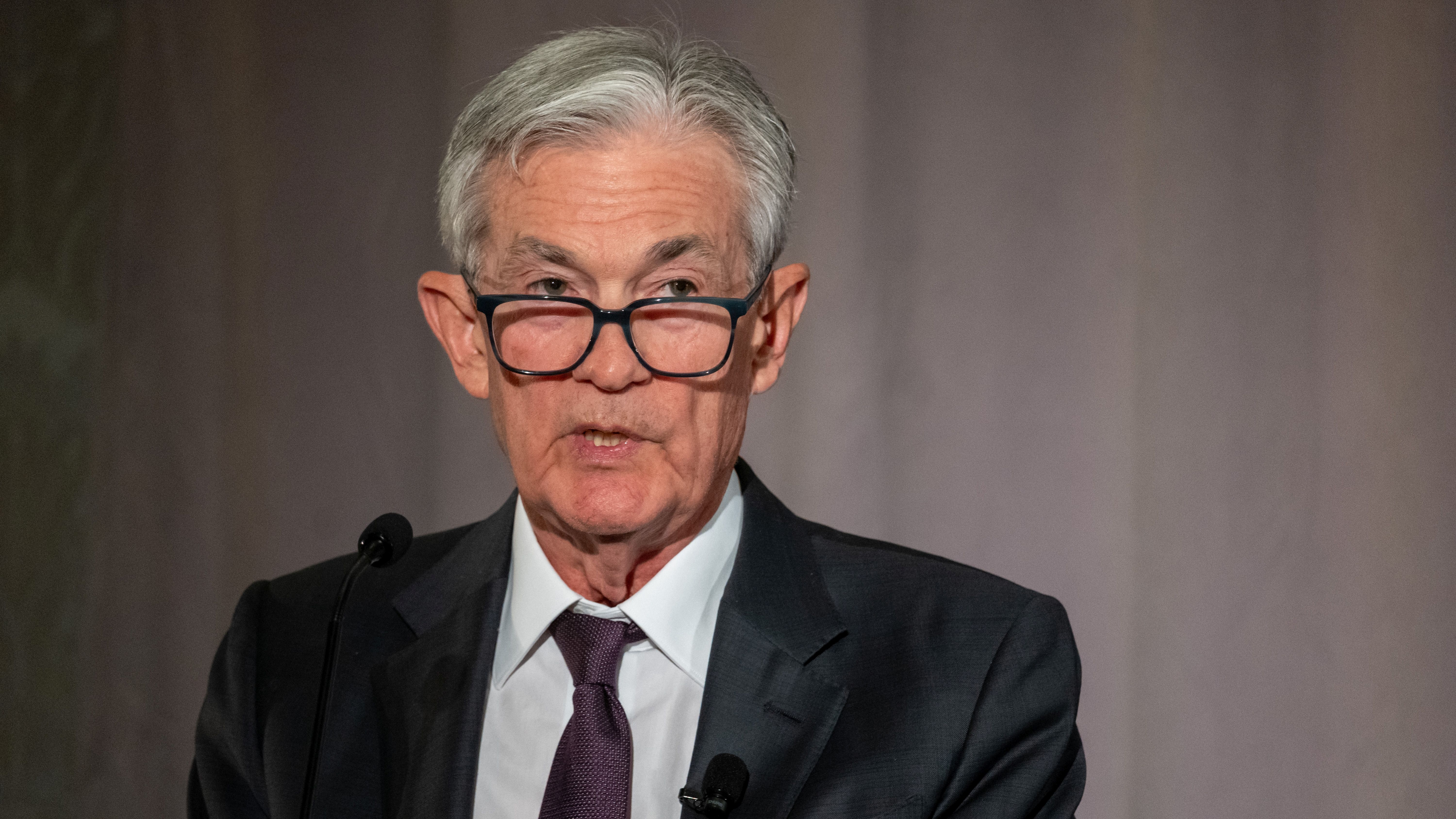Italy's Economy Minister Raises Alarm Over U.S. Stablecoin Policies

ROME: The ongoing evolution of U.S. policy regarding stablecoinsa category of cryptocurrencies designed to maintain a stable value against fiat currencieshas emerged as a pivotal issue for European financial stability. Giancarlo Giorgetti, Italy's Economy Minister, articulated these concerns during a recent event focused on asset management in Milan. He emphasized that the implications of these U.S. policies could pose a greater threat to European economies than traditional trade tariffs.
In his remarks, Giorgetti urged European Union authorities to take decisive action to enhance the euro's status as an international reference currency. He voiced frustration over the existing fragmentation within the European payment industry, which he believes hampers competitiveness on the global stage. Giorgettis comments come at a time when the landscape of digital currencies is rapidly changing, driven largely by innovations in the U.S.
Under former President Donald Trump, there was a promise to overhaul the regulatory framework surrounding cryptocurrencies, particularly in response to the stricter measures implemented by his predecessor, Joe Biden. This shift has led to a burgeoning market for dollar-pegged stablecoins, which have become integral to the multi-trillion-dollar cryptocurrency trading industry. These digital assets facilitate the movement of funds not only between various cryptocurrencies but also into traditional cash forms, making them a vital component of modern financial transactions.
Giorgetti pointed out that while trade tariffs have garnered significant attention lately, the ramifications of U.S. policy on stablecoins should not be overlooked. He stated, The general focus these days is on the impact of trade tariffs. However, even more dangerous is the new U.S. policy on cryptocurrencies and in particular that on dollar-denominated stablecoins. According to him, the appeal of stablecoins lies in their ability to provide savers with access to risk-free investment opportunities and a widely accepted payment method for cross-border transactions, all without the necessity of maintaining a bank account in the United States.
This situation becomes especially relevant for citizens of countries with unstable currencies; however, Giorgetti insisted that the attractiveness of stablecoins for individuals within the euro zone should not be underestimated. He cautioned that as these assets gain traction, they could undermine the euro's position and reduce reliance on traditional banking systems.
To counteract the potential encroachment of stablecoins and promote European financial sovereignty, the European Central Bank (ECB) is actively working on the launch of a digital euro. This initiative aims to provide EU citizens with digital accounts directly linked to the ECB, facilitating online payments, in-store transactions, and peer-to-peer money exchanges. Giorgetti stressed the importance of this digital currency in reducing the necessity for European citizens to rely on foreign financial solutions for essential services like payments.
However, the introduction of a digital euro has raised concerns among European banks. Many financial institutions fear that such a digital currency could lead to a significant drain on their deposits, as customers may prefer to keep their funds in a secure, ECB-backed digital wallet over traditional banking options. This potential shift underscores the delicate balance that policymakers must maintain as they navigate the evolving landscape of digital currencies and their implications for both consumers and financial institutions.





















